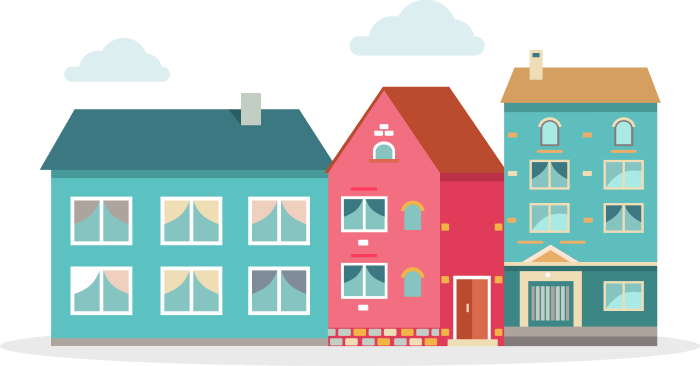Rochester
We did the research. Find a place to call home.
B+
Quality of Life Score
Rochester Information
204,882
Total Population
45%
Married Persons
55%
Single Persons

7/10
City Rating
City ratings are often based on a variety of factors including quality of life, economic opportunities, safety, education, and more. A rating of 7 or higher might suggest a city with a relatively high quality of life and desirable living conditions. A rating below 5 might indicate challenges or lower overall satisfaction.
7/10
Overall Value
This is a broader rating that takes into account multiple factors affecting the overall appeal of a city. Ratings above 7 might indicate a highly attractive city, while those below 5 might suggest areas for improvement.
10/10
Density (Population per mile²)
City density refers to the concentration of people living within a city's geographic area. It is typically expressed as the number of residents per square mile or square kilometer. Higher density indicates that more people live in a given area, leading to potentially busier streets, more crowded living conditions, and increased access to amenities and services.
5836
Rochester
260,000
Buffalo
City Info
Rochester is the fourth-largest city in New York State, located in Monroe County along the Genesee River and near Lake Ontario. Known historically as both "the Flour City" for its flour production and "the Flower City" for its nurseries and gardens, Rochester has also earned the nickname "World's Image Center" due to its connection with companies like Kodak, Xerox, and Bausch & Lomb. The city has played a significant role in American history as a center for social and political movements, particularly abolitionism and women's rights. Today, Rochester offers a blend of cultural attractions, educational institutions, and a diversifying economy transitioning from its manufacturing past.
Residence
62% (Homes Rented)

70 Years
Median Home Age
$153,879
Median Home Price
2.4%
Home Aappreciation Rate
2.8%
Annual Property Tax
Weather
50%
Sun
25%
Rain
25%
snow
Residence
Rochester offers affordable housing options with a mix of historic homes and newer developments. The city experiences four distinct seasons, including cold, snowy winters and warm, pleasant summers. Housing is notably affordable compared to many other cities in the Northeast, though the homeownership rate is lower than the national average.
Community
6
Crime Rate (per 100,000)
Democratic
Political Majority
33.5
Average Age
Community
Rochester is one of the most diverse cities in New York State, with a population that includes significant Black (38%), White (33%), and Hispanic (19.8%) communities. The city has one of the highest percentages of Puerto Ricans of any major U.S. city and substantial Jamaican, Polish, Turkish, Bhutanese, and Nepalese communities. This diversity contributes to Rochester's rich cultural landscape and community identit
Locale

Occupation
25%
Management, Business, Art & Sciences
20%
Sales & Office Occupations
15%
Service Occupations
15%
Production, Transportation & Material Moving
5%
Natural Resources, Construction & Maintenance
Education
1:15
Student Teacher Ratio
25%
High School Diploma
30%
Some College or Associates Degree
20%
Bachelors Degree
10%
Graduate or Professional Degree
Locale
Rochester's economy has evolved from its industrial past to a more diverse mix focused on education, healthcare, and technology. The city is home to the University of Rochester, Rochester Institute of Technology, and other educational institutions that drive innovation and research. Despite a poverty rate of approximately 26.6% and a median household income of $42,910, Rochester offers an affordable cost of living. The city's location in the Finger Lakes region provides access to natural beauty and recreational opportunities, while its historic neighborhoods offer distinctive character and community pride.
Transit
35%
Public Transportation
70%
Car
10%
Carpool
10%
Work At Home
Transit
Rochester's transit system includes bus service throughout the city and surrounding areas, operated by the Regional Transit Service (RTS). The city's compact size and grid layout make navigation relatively straightforward, while its location provides access to major highways connecting to Buffalo, Syracuse, and other regional destinations. The Greater Rochester International Airport offers convenient air travel options. Rochester's relatively short average commute time is below the national average, contributing to quality of life for residents.


